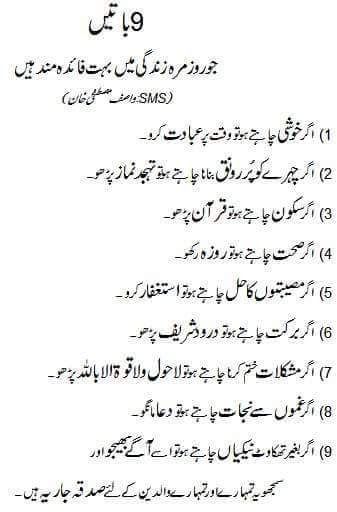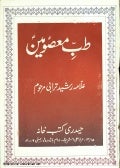


Aruzi Samarqandi describes how before Avicenna left Khwarezm he had met Al-Biruni (a famous scientist and astronomer), Abu Nasr Iraqi (a renowned mathematician), Abu Sahl Masihi (a respected philosopher) and Abu al-Khayr Khammar (a great physician). Various texts (such as the 'Ahd with Bahmanyar) show that Avicenna debated philosophical points with the greatest scholars of the time. There, Avicenna had access to the great libraries of Balkh, Khwarezm, Gorgan, Rey, Isfahan and Hamadan. Under the Samanids, Bukhara rivaled Baghdad as a cultural capital of the Islamic world.

The Samanid dynasty in the eastern part of Persia, Greater Khorasan and Central Asia as well as the Buyid dynasty in the western part of Persia and Iraq provided a thriving atmosphere for scholarly and cultural development. Greco-Roman ( Mid- and Neo-Platonic, and Aristotelian) texts translated by the Kindi school were commented, redacted and developed substantially by Islamic intellectuals, who also built upon Persian and Indian mathematical systems, astronomy, algebra, trigonometry and medicine. CircumstancesĪvicenna created an extensive corpus of works during what is commonly known as the Islamic Golden Age, in which the translations of Byzantine Greco-Roman, Persian and Indian texts were studied extensively. However, Avicenna was not the son but the great-great-grandson of a man named Sina. NameĪvicenna is a Latin corruption of the Arabic patronym Ibn Sīnā ( ابن سينا), meaning "Son of Sina". Of the 450 works he is believed to have written, around 240 have survived, including 150 on philosophy and 40 on medicine.

Īvicenna wrote most of his philosophical and scientific works in Arabic, but also wrote several key works in Persian, while his poetic works were written in both languages. Besides philosophy and medicine, Avicenna's corpus includes writings on astronomy, alchemy, geography and geology, psychology, Islamic theology, logic, mathematics, physics, and works of poetry. His most famous works are The Book of Healing, a philosophical and scientific encyclopedia, and The Canon of Medicine, a medical encyclopedia which became a standard medical text at many medieval universities and remained in use as late as 1650. His philosophy was of the Muslim Peripatetic school derived from Aristotelianism. He is often described as the father of early modern medicine. Ibn Sina ( Persian: ابن سینا 980 – June 1037 CE), commonly known in the West as Avicenna ( / ˌ æ v ɪ ˈ s ɛ n ə, ˌ ɑː v ɪ-/), was the preeminent philosopher and physician of the Muslim world, flourishing during the Islamic Golden Age, serving in the courts of various Iranian rulers.


 0 kommentar(er)
0 kommentar(er)
